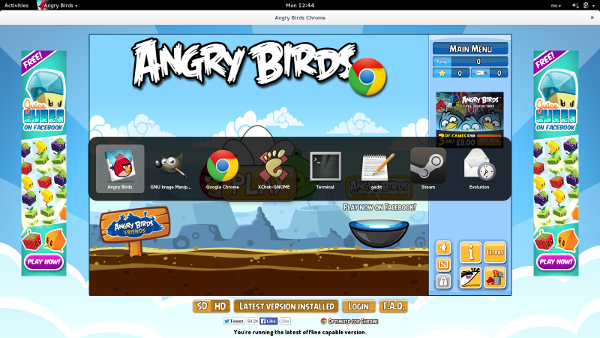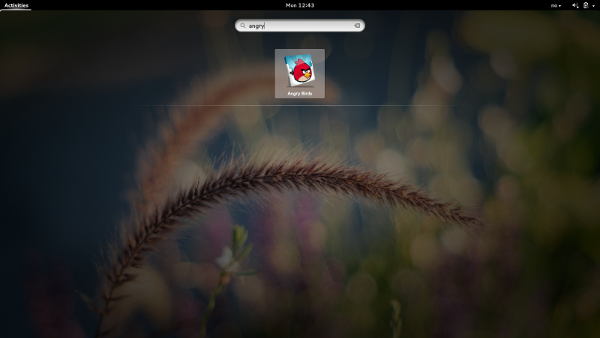I noticed an article on Phoronix today about libinput which made me think I should post a little Wayland update again. So Libinput is developed by Peter Hutterer who is part of the Graphics team here at Red Hat, and our resident input expert. He is developing libinput as part of our work to get Fedora Wayland ready.
That said input is a complex area and if we do end up not having a Wayland option with feature parity with the X.org option in Fedora 21, then not having gotten input sorted in time is the most likely scenario. That said we are still charging ahead with the goal of getting things ready for Fedora 21, but in our last status meeting we did flag input as our biggest risk. Luckily Peter is not alone in his efforts on libinput, there are a healthy amount of community contributions and at Red Hat we have recently had Hans de Goede join Peter on input. So we are doing our utmost to make sure the pieces fall into place.
Our minimum todo list for input that will enable Wayland to be on parity with X for at least 90% of our users is as follows:
- keyboard works as-is
- mouse supports left/right-handed button mapping
- mouse/touchpad middle mouse button emulation
- touchpad scrolling and tapping
- touchpad software-emulated buttons work on clickpads
- touchpad disable-while-typing
But there are of course other items on here too, like Wacom tablet support, which is of interest to a much smaller segment of our users, but still important to get done. We might have to push some of these more niche items onto the F22 timescale.
Also if anyone is wondering about game pads and such, we don’t have any concrete plans around them currently in the context of Wayland, as when we spoke to Valve and the SDL team they currently access game controllers directly through the kernel interfaces, and preferred to keep doing that. So we decided not to try to second guess them on this considering they been doing game development for years and we haven’t :)


